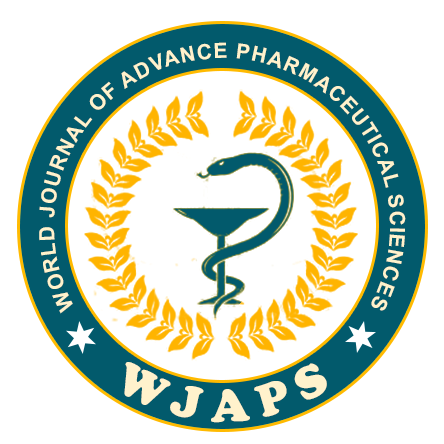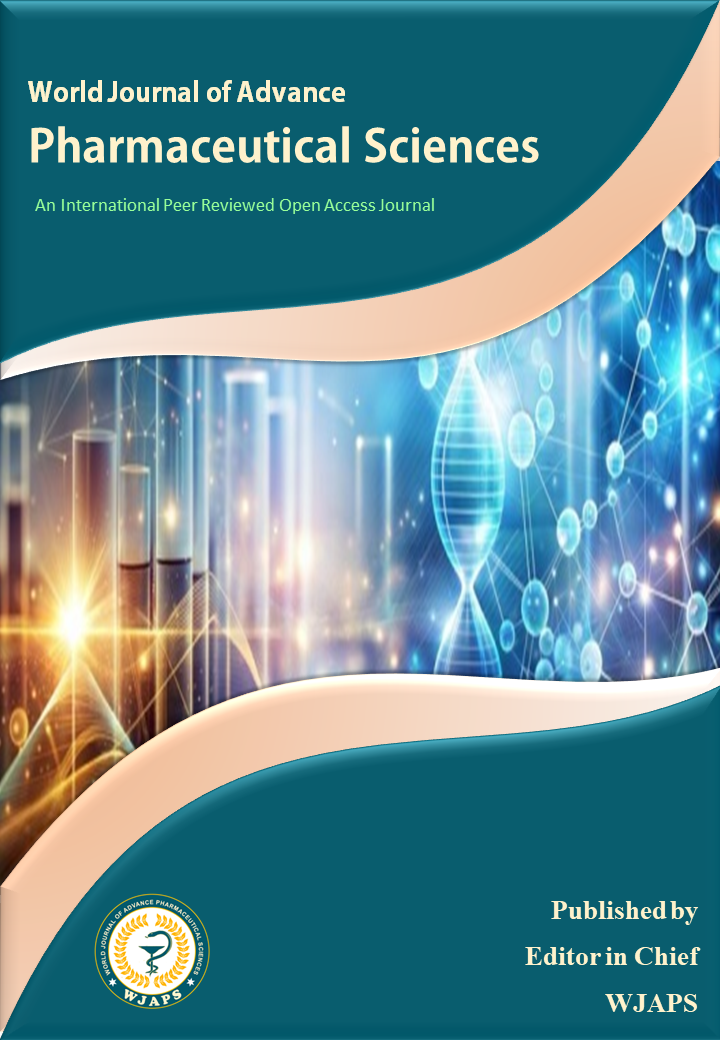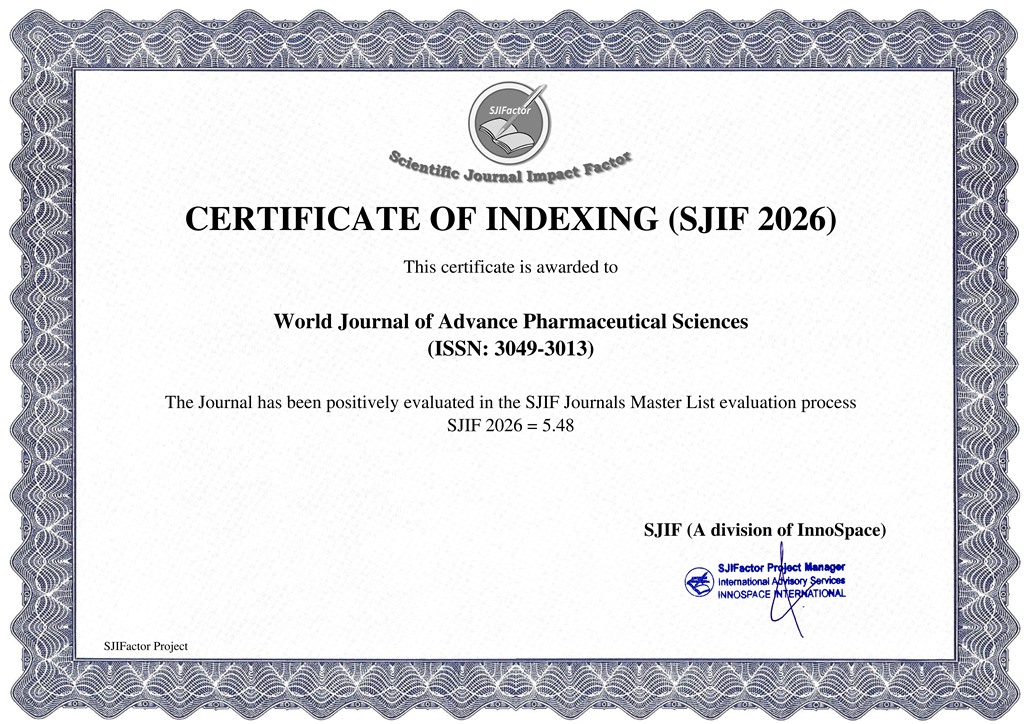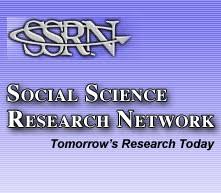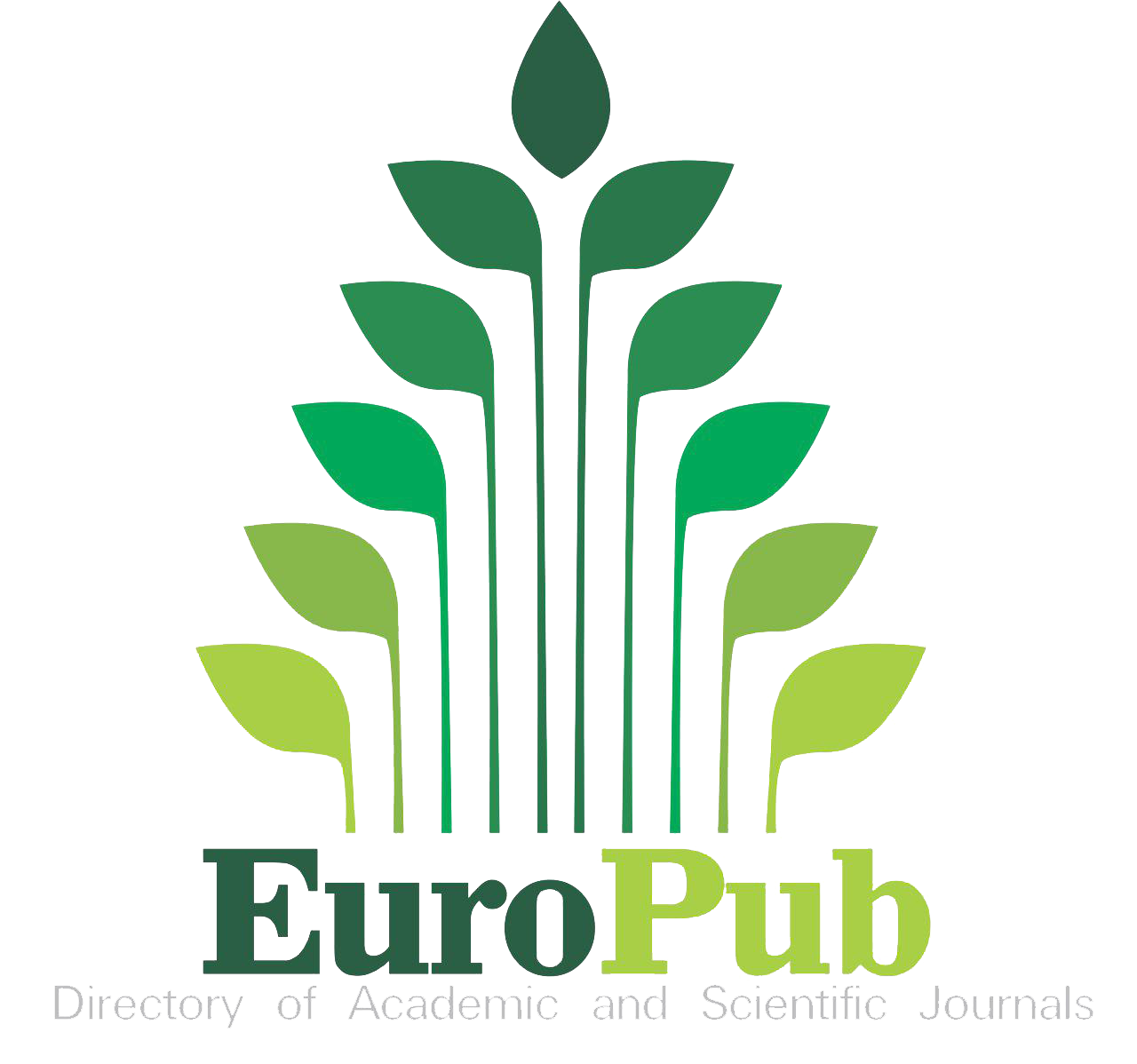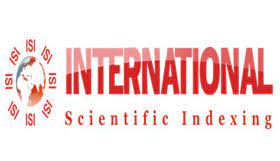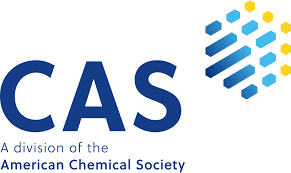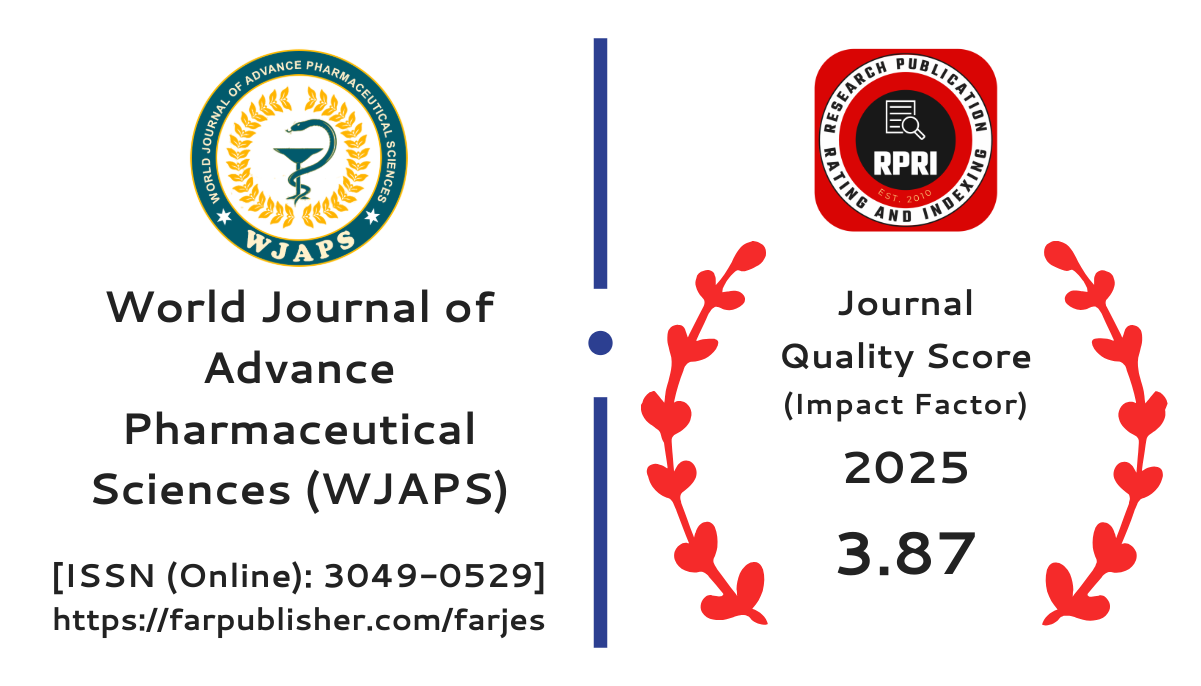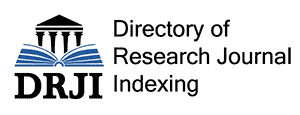UNRAVELLING THE COMPLEXITY OF RECURRENT SPONTANEOUS ABORTION: COMPREHENSIVE INSIGHTS INTO CONTRIBUTING FACTORS AND FUTURE DIRECTIONS
*Prof. Asaad Babker
Recurrent spontaneous abortion (RSA), characterized by two or more consecutive pregnancy losses, remains a significant reproductive challenge, affecting approximately 1-3% of couples of reproductive ages. Its etiology is highly complex and multifactorial, encompassing genetic, anatomical, hormonal, immunological, infectious, environmental, and acquired thrombophilia factors. Despite considerable progress in reproductive medicine and diagnostics, over half of RSA cases remain unexplained, underscoring the intricacies of its pathogenesis. This review synthesizes current knowledge on the diverse contributors to RSA, including chromosomal abnormalities, uterine anomalies, endocrine dysfunctions, immune dysregulation, infections, and both inherited and acquired thrombophilia’s. It examines the physiological mechanisms underlying pregnancy maintenance and loss, highlighting the roles of hemostatic changes, immune tolerance, and genetic predispositions. Additionally, the review identifies existing gaps in research and clinical practice, emphasizing the importance of integrated, personalized approaches for diagnosis and management. Recognizing key risk factors such as thrombophilia and chromosomal aberrations is essential for targeted interventions. Future research should prioritize elucidating gene-environmental interactions and developing innovative diagnostic and therapeutic strategies, ultimately aiming to improve pregnancy outcomes and provide comprehensive support for affected individuals and couples.
[get full article]